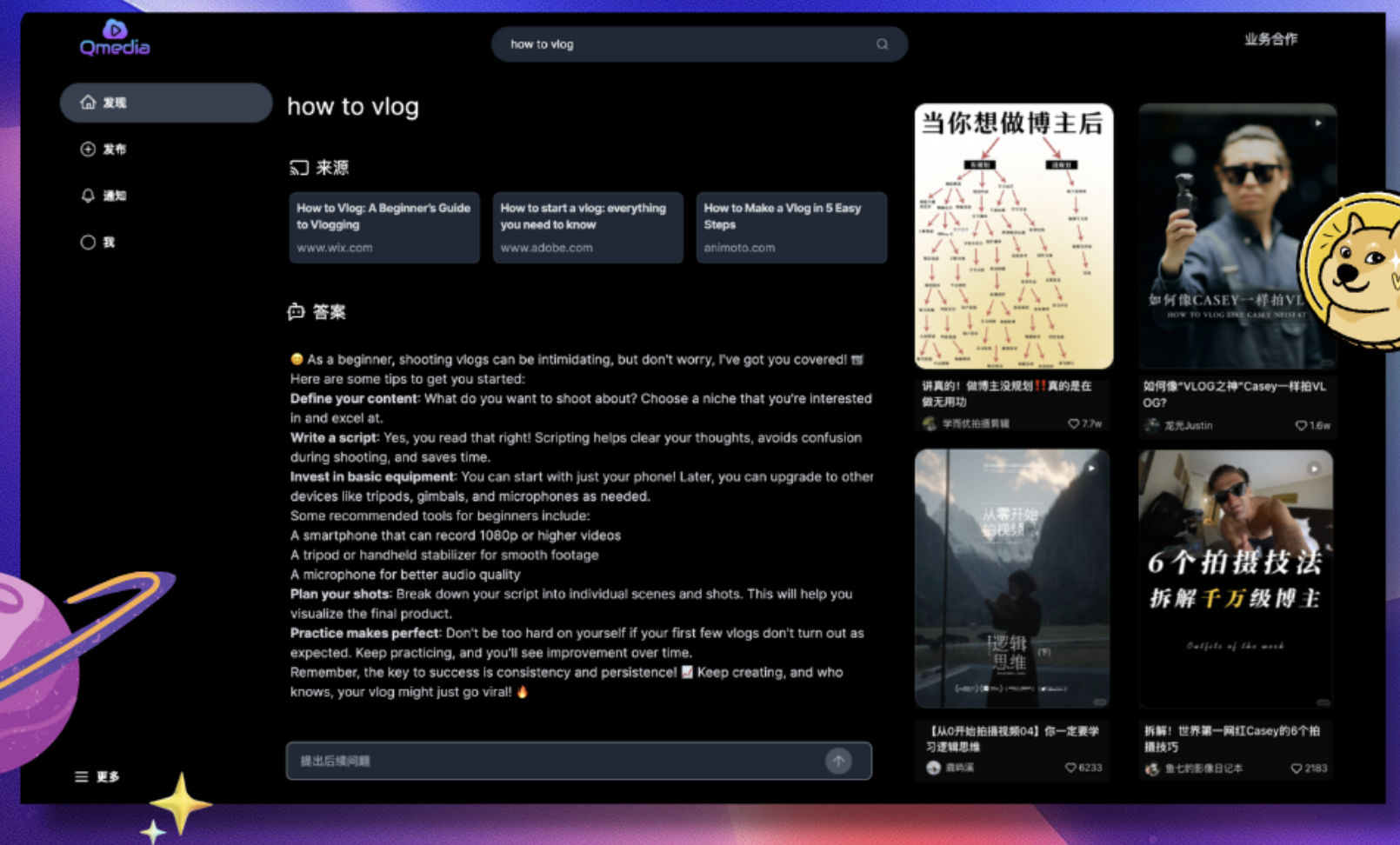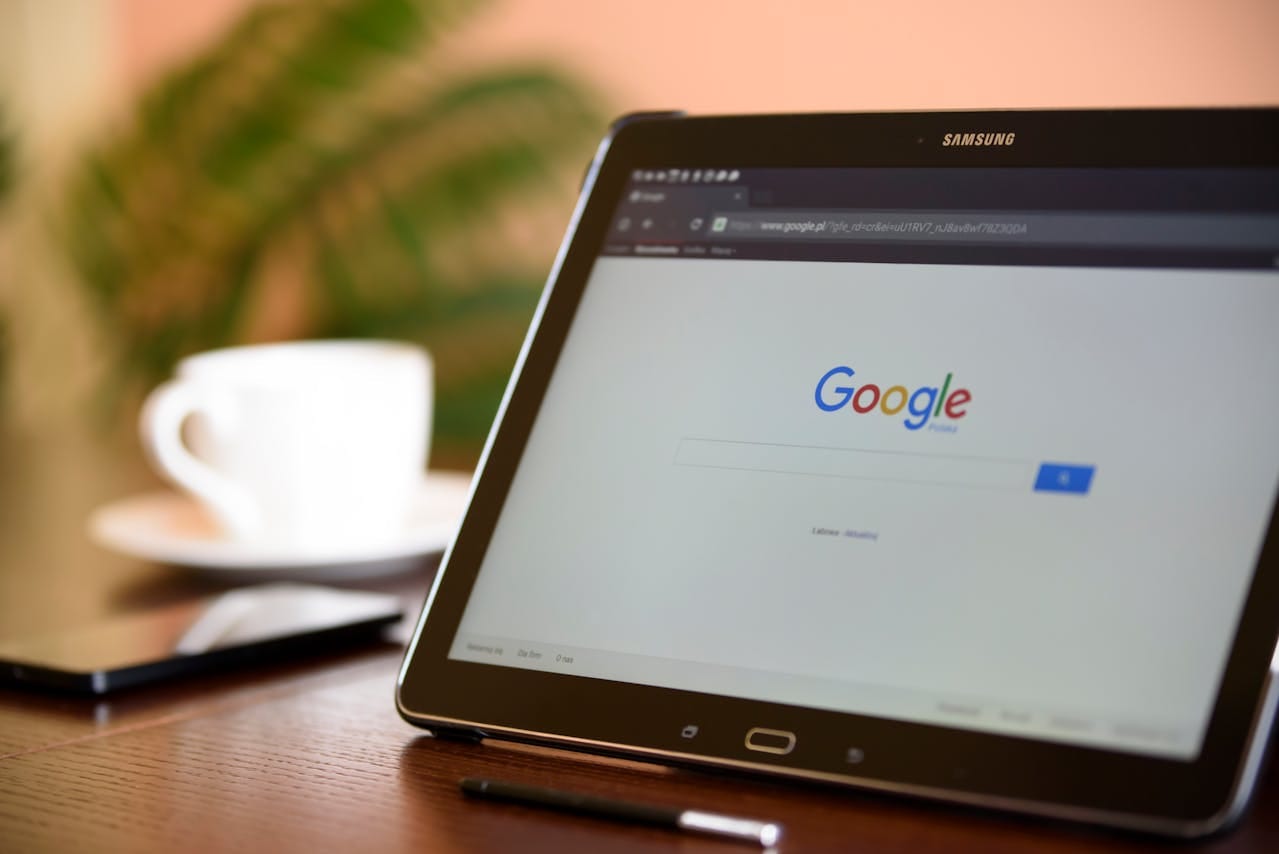Google First Page Clutter: New Improvements or a Nightmare?
Table of Content
As Google's first-page results become increasingly cluttered with ads and irrelevant content, users are exploring alternative search engines. The frustration with Google's bloated search results has created opportunities for competitors to gain market share.
These alternative search engines attract users by offering cleaner interfaces and more focused results, capitalizing on the growing dissatisfaction with Google's user experience and search quality.
Google's recent tendency to push Reddit and Quora results to the top has made searching more challenging.
While these platforms occasionally offer valuable insights, their prominence in search results often means wading through personal opinions, heated debates, and unverified claims before finding factual information.

This shift has made it harder to quickly access reliable sources, as social discussion threads now dominate where authoritative content once appeared.
Google remains my primary search engine despite its current challenges. While I often need to dig through multiple pages to find accurate results, its comprehensive index is unmatched.
Although I maintain a personal local search engine aggregating various sources and use other alternatives, I continue using Google, hoping it will return to its former efficiency and uncluttered search experience. Until then, navigating beyond the first page has become necessary for quality results.
New Features That Clutter the Search Results
Google has added several new features that, honestly, make the search experience more complicated than helpful:
1- AI Summaries Up Top
While meant to be convenient, these generated overviews often just state the obvious and take up valuable screen space that could show actual results.
2- Those Topic Filters
That scrolling bar of related topics? It's just another layer of distraction when I already know what I'm searching for.
3- The "Follow" Feature
Seriously, Google? I’m here to search for specific information, not to subscribe to more content feeds. This feels unnecessary and detracts from the straightforward search experience.
4- AI-Organized Results
While these structured breakdowns aim to look neat and organized, they often end up burying the straightforward information users are actually searching for. This can make it harder to quickly access clear and direct answers in search results.
5- Those "People Also Ask" Boxes
Perhaps the most frustrating addition - they seem to multiply endlessly and rarely offer relevant questions to what I'm actually searching for. This feature clutter the results as it takes space and sometimes can be a distraction for anyone who is not looking to dive into an opinionated questions and answers.
Let's not even get started on how they've squeezed ads into these AI summaries. Sometimes I just wish they'd give us back the clean, simple search page where results were just... results.
Not to mention the ads at the top, forcing users to scroll down and sift through a cluttered, messy ranking system to find meaningful results.
What I really miss is the straightforward Google search experience: type a query, get relevant links, done. All these "improvements" feel more like obstacles than aids to finding what I need.
Finding alternatives
Many users are now exploring LLM-powered, RAG-based self-hosted search engines for a more personalized experience. Others still prefer the convenience of OpenAI's search products or even ChatGPT as alternatives, offering flexibility and simplicity to meet different needs.
Others prefer to explore alternatives that offer a clean, uncluttered experience, allowing them to find accurate results as they did before the current clutter on Google's first page.

Some, like me, still hope that Google will restore its first page to the simplicity and clarity it once had. However, there’s a growing fear that any changes might fall short of expectations.













